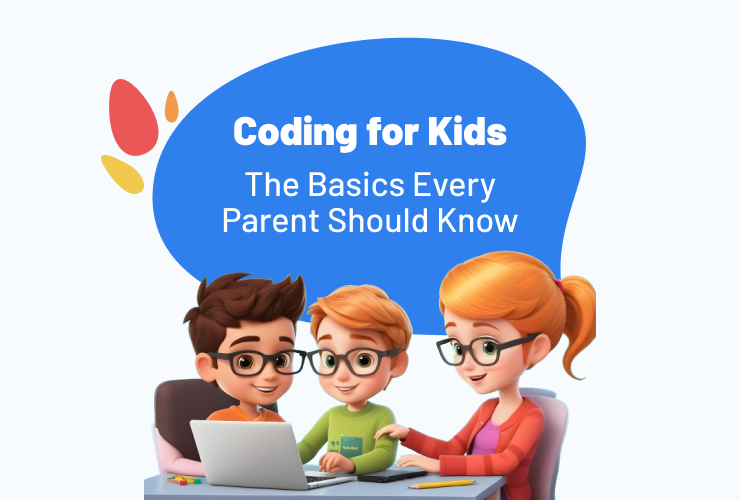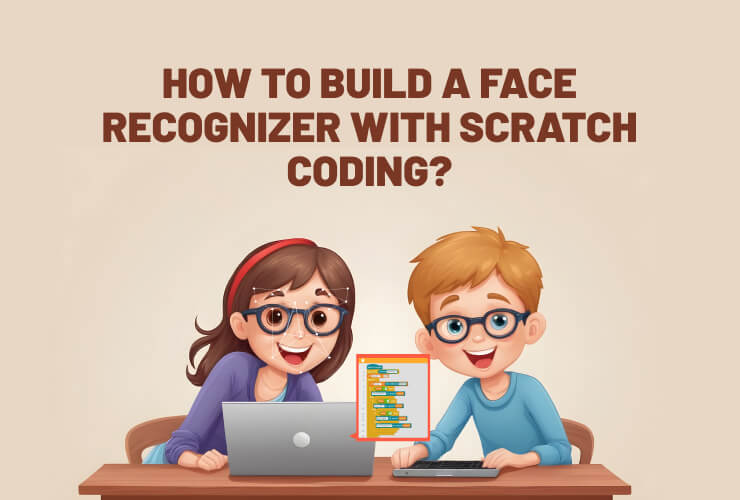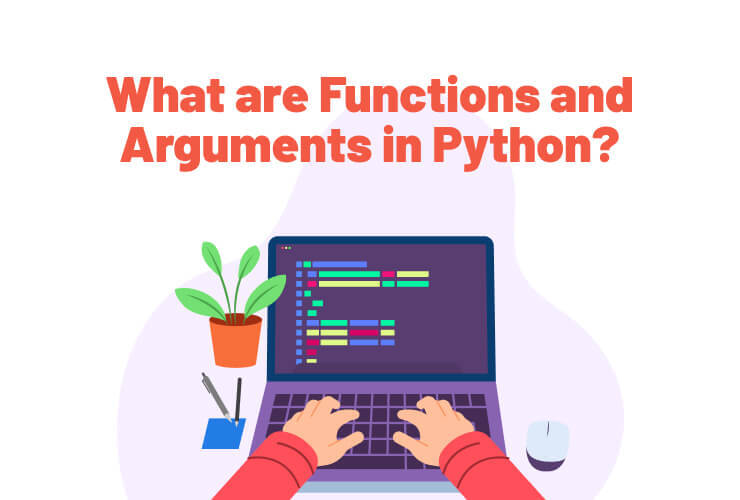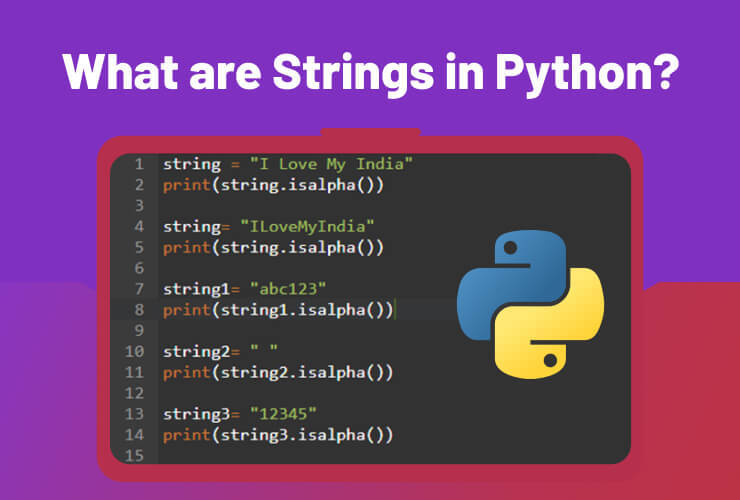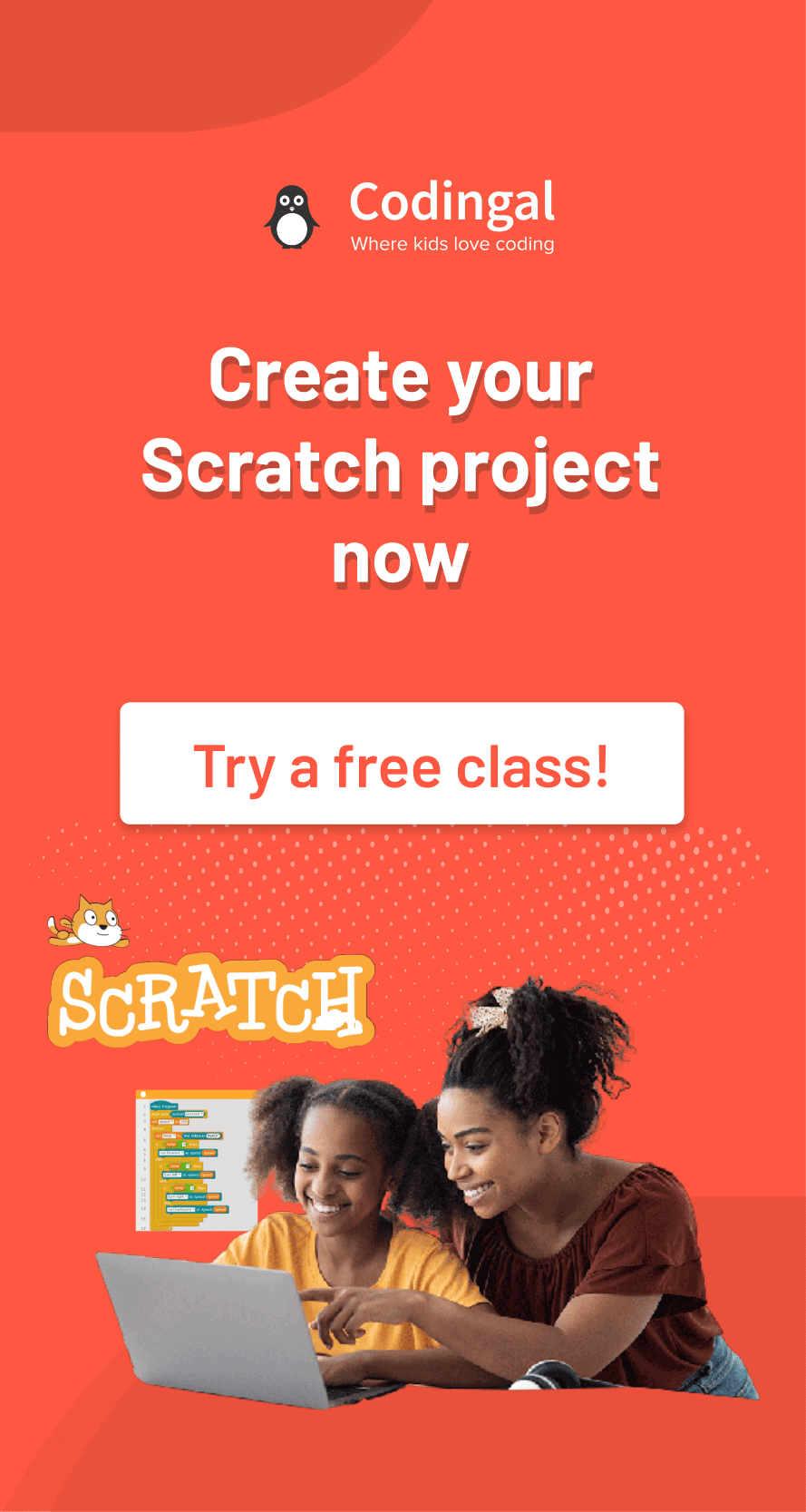Table of Contents
Introduction Understanding the Basics: What is Coding? Why Coding for Kids? Getting Started: The ABCs of Coding for Kids How Parents Can Support Young Coders? ConclusionIntroduction:
In the digital age, where technology shapes every aspect of our lives, coding has emerged as a crucial skill. While it might sound complex, introducing coding to kids from a young age can be incredibly beneficial. In this beginner’s guide, we’ll explore the fundamental concepts of coding, why it’s suitable for your child’s development, and how parents can play an active role in fostering this essential skill.
Understanding the Basics: What is Coding?
Coding, or programming, is the process of giving instructions to a computer to perform specific tasks. Think of it as a set of step-by-step directions that tell a computer what to do. These instructions are written in languages like Python, Scratch, or JavaScript, which are designed to be easily understood by both computers and humans.
Why Coding for Kids?
1. Critical Thinking and Problem-Solving Skills:
Coding encourages kids to think logically and analytically. It teaches them how to break down a problem into smaller parts and solve it systematically—a skill that’s applicable in various aspects of life.
2. Creativity and Innovation:
Coding is not just about numbers and syntax; it’s a creative process. Kids can express their ideas through coding, creating animations, games, and interactive stories. This fosters a sense of innovation and the ability to think outside the box.
3. Future-Ready Skills:
In an increasingly digital world, coding is a valuable skill for future careers. Many industries, from technology to healthcare, rely on coding. By starting early, kids gain a competitive edge in the job market.
4. Enhanced Math and Logical Skills:
Coding involves mathematical concepts and logical reasoning. As kids engage with coding, they naturally strengthen their math skills, making abstract concepts more tangible and applicable.
Getting Started: The ABCs of Coding for Kids
1. Scratch: The Building Blocks of Coding:
Scratch programming is an excellent starting point for young learners. It uses a visual, block-based interface, allowing kids to drag and drop code blocks to create animations, games, and interactive stories. This visual approach makes coding less intimidating and more enjoyable. You can try a free coding class on Scratch.
2. Python: A Powerful Yet Beginner-Friendly Language:
Python for kids and teens is a versatile and widely used programming language. While it may seem advanced, there are beginner-friendly resources designed specifically for kids. Platforms like Codingal provide an interactive and engaging way for kids to learn Python.
3. Online Coding Platforms:
Numerous online platforms cater to kids interested in coding. Websites like Codingal offer interactive lessons, coding competitions, and challenges suitable for various age groups. It makes coding accessible and enjoyable, even for kids with no prior experience.
4. Encourage Experimentation:
Let your child explore and experiment with coding. Encourage them to modify existing code to see how it affects the outcome. This trial-and-error process not only enhances their coding skills but also boosts their confidence.
How Parents Can Support Young Coders?
1. Be Curious Together:
Learning coding can be a bonding experience. Explore coding with your child, ask questions, and be genuinely curious. This shared interest can create a positive learning environment.
2. Celebrate Small Victories:
Coding can be challenging, but even small achievements are worth celebrating. Whether it’s fixing a bug or creating a simple animation, acknowledge and celebrate your child’s accomplishments to boost their confidence.
3. Provide a Dedicated Coding Space:
If possible, create a space at home where your child can focus on coding without distractions. Having a dedicated coding area helps establish a routine and signals that coding is an essential and valued activity.
4. Connect Coding to Real-World Applications:
Help your child understand the real-world applications of coding. Discuss how coding is used in creating websites, apps, and even in controlling robots. Connecting coding to tangible outcomes makes it more relatable.
Conclusion:
Coding for kids is not just about preparing them for future careers; it’s about fostering essential skills that will benefit them in various aspects of life. By understanding the basics and actively supporting your child’s coding journey, you’re laying the foundation for a bright and digitally literate future. Embrace the adventure of coding together, and watch as your child’s creativity and problem-solving skills flourish in the world of programming.
